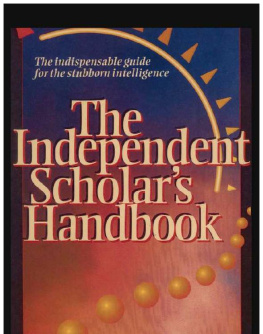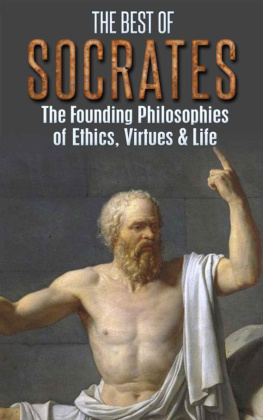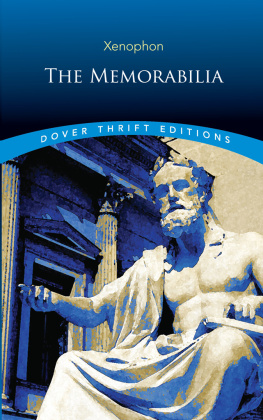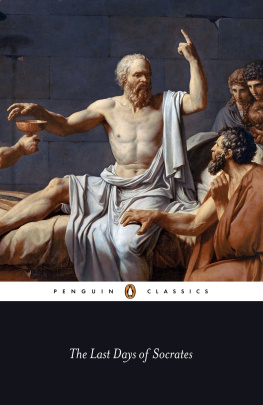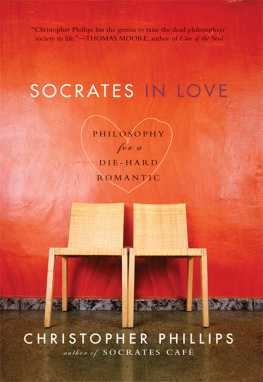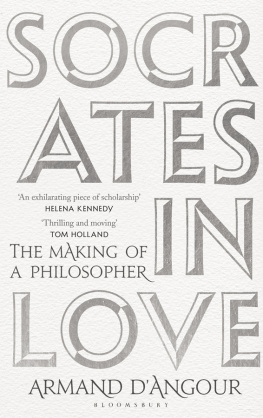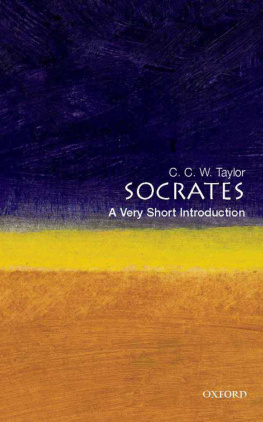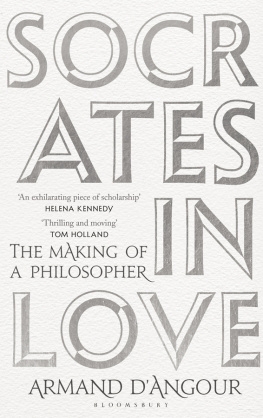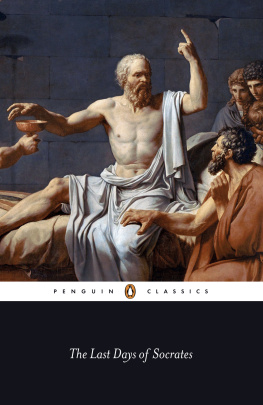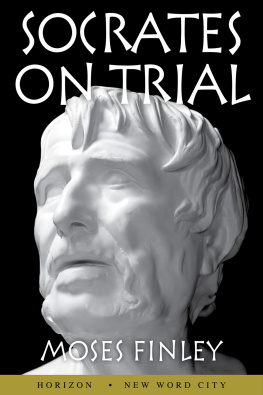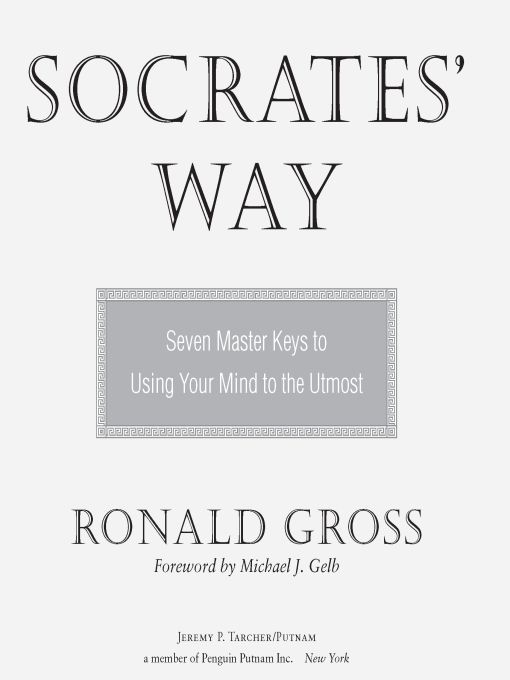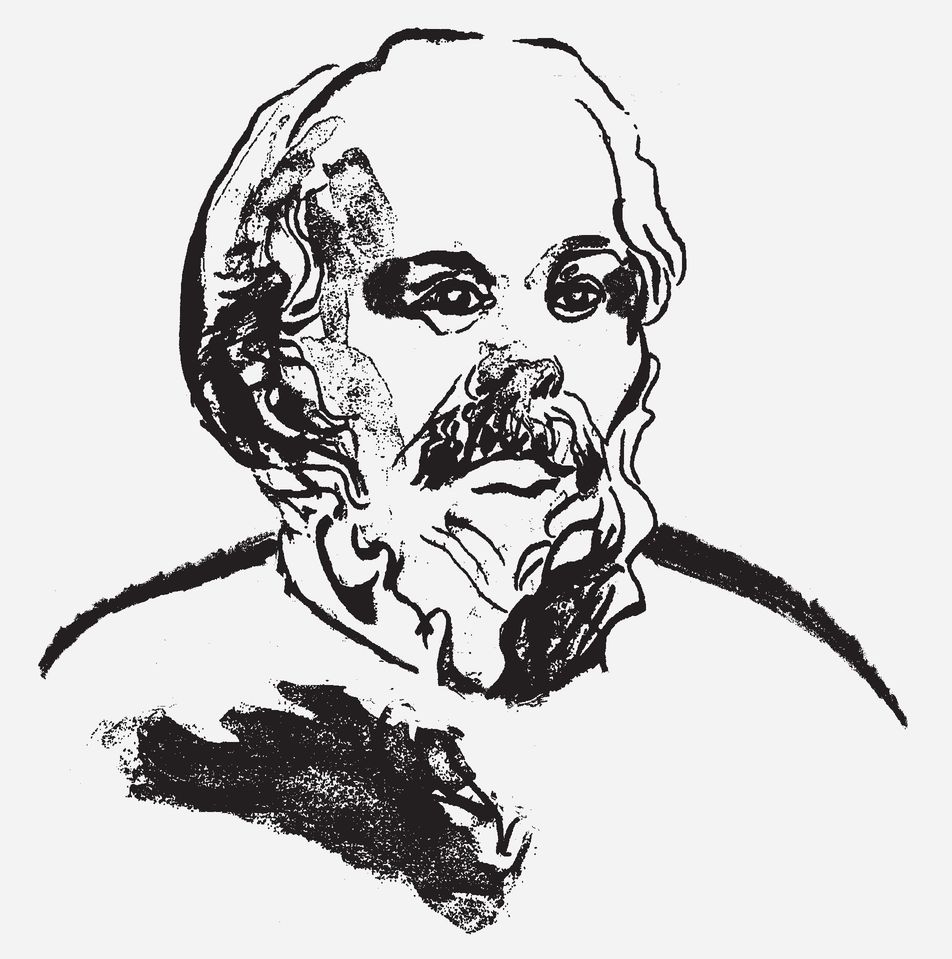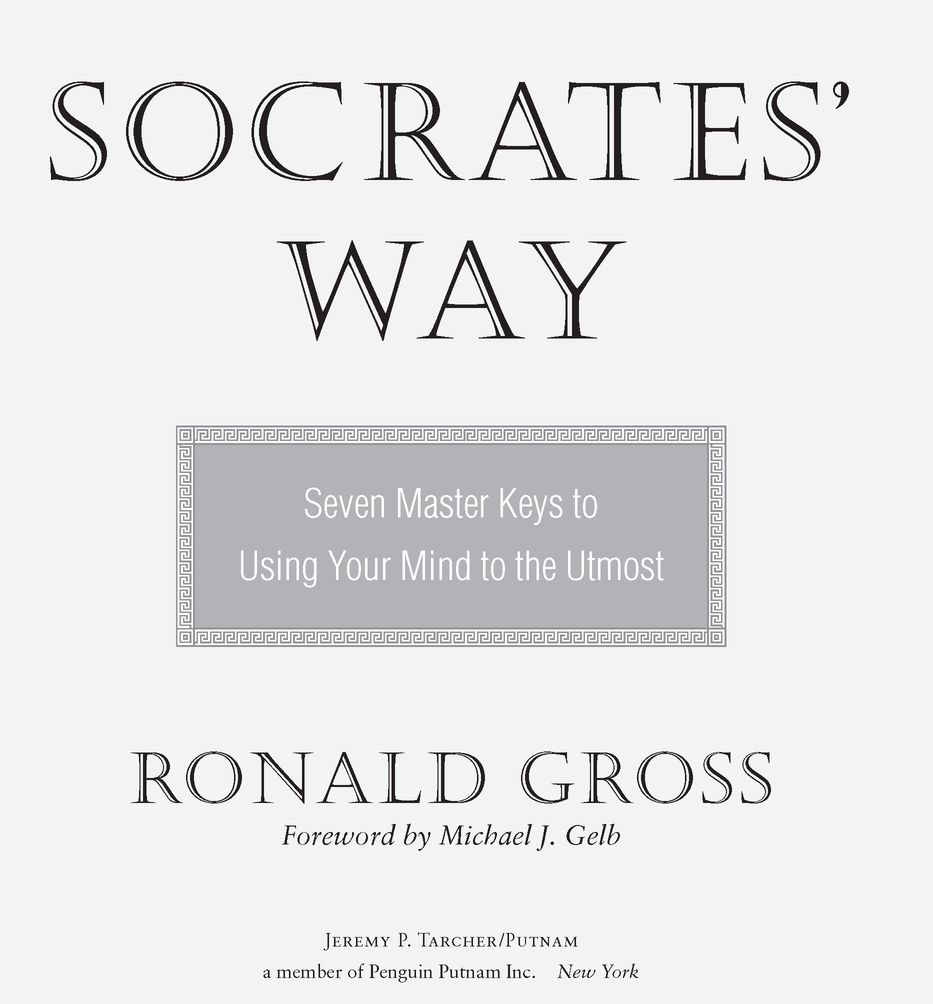Table of Contents
OTHER BOOKS BY RONALD GROSS
Peak Learning
The Lifelong Learner
Individualism: Man in Modern Society
The New Professionals
The Independent Scholars Handbook
Independent Scholarship: Promise, Problems, and Prospects
The Great School Debate
Radical School Reform
The New Old
The Childrens Rights Movement
Pop Poems
FOR BEA,
MY ASPASIA
FOREWORD
by Michael J. Gelb
author of How to Think Like Leonardo da Vinci
and Discover Your Genius
The unexamined life is not worth living, declared Socrates. He might have added that the unlived life may not be worth examining. In this book Ronald Gross shows you how to both examine and live your life more fully.
Over the last decade, numerous books featuring lessons from historical figures have appeared on the shelves of bookstores around the world. Many of these titles provide a smattering of quotes and a superficial introduction to the historical figure in question.
Ron Gross offers something different: an authentic immersion in the life and work of one of the greatest teachers of all time. Socrates stands with Leonardo da Vinci, Nicholas Copernicus, Charles Darwin, and Albert Einstein as a beacon of inspiration for independent thinkers. But Socrates came first.
Based on the masters famed method, Plato, his greatest disciple, founded the academy to cultivate peoples ability to think productively and to live wisely. Today, the word academic is often associated with impractical theory. In the business world it is frequently used as a synonym for irrelevant. In this book, however, Ron Gross restores the original spirit of the academy and guides you to deepen your own relationship with truth, beauty, and goodness.
I first met Ron in the early 1980s, and he immediately impressed me with his rare combination of enthusiastic openness and critical intelligence. Ron is not just a champion of lifelong learning; he is a role model for it. This book flows naturally from his decades of inquiry into how we can deepen and accelerate our self-education.
Ron is renowned for appearing at educational and corporate conferences in the garb and character of Socrates. But this works only because, even when hes not wearing a chiton, he exemplifies the Socratic principles expressed in this book.
Socrates refused to be recognized as a teacher, Plato tells us. Instead, he asked to be seen as a midwife of ideas. Socrates Way works in that midwife tradition. In each chapter you will meet one of the masters principles, then as you do some of the exhilarating exercises you will learn even more about yourself.
This book is about Socrates, but its really about you and how you can bring more truth, beauty, and goodness into your life every day. Cicero said of Socrates that he called philosophy down from the skies and into the lives of men. In Socrates Way, Ron Gross calls Socrates up from the past to invigorate and enrich our lives today.
PREFACE
SOCRATES, MY MENTOR
My first encounter with Socrates was at the age of twelve, when I noticed an odd practice of my fathers. Each day, before leaving the house for work, he would walk over to the bookcase in the living room, take down the same thick book from the top shelf, open it, and carefully tear out exactly six pages. Folding them neatly and tucking them into his jacket pocket, hed go out the front door. Each night, as put his wallet, keys, and change on the hall table, he would carefully unfold those pages and place them back in the book.
One day, after he left, I took down the book and read its spine: Dialogues of Plato.
That evening I asked him about this. He did not patronize me, but explained the practice in adult terms: My work doesnt bring me into contact with stimulating ideas, he said. But for forty-five minutes every day, on the way to and from work, I can spend my time with some of the smartest people who have ever lived. They talk about the most important issues. They really listen to each other, rather than just shouting their own positions. And, together, they gradually grow wiser.
So each day on the subway he would read a few pages of one of Platos dialogues, then reread them on the way home.
Socrates became part of him, and changed his life. Throughout my adolescence I would notice how often hed pose just the right question to start a conversation going or to propel it to a higher level.
When I began asking about who Socrates was, my father took me to see my first Broadway show. I was thirteen. It was Barefoot in Athens, a play about Socrates by Maxwell Anderson. I actually saw my fathers hero tramping around Athens, questioning the high and low, enjoying his devoted friends, challenging authority, and having the time of his life.
I refused to wear shoes for an entire week. I was hooked. The Socratic ideal dominated my view of learning throughout my school and college years.
My first book, The Lifelong Learner, invited readers to use Socrates methods to facilitate their self-development, just as my father had. Since then, as a professional speaker, I regularly don the chiton (the Greek version of the toga) to question groups of professionals and businesspeople, ranging from the Group Health Association of America and the YMCAs of North America to senior executives of McDonnell Douglas and U.S. Steel.
Socrates will be with me right up to my final moments: I never leave home without having in my wallet a little card from The Hemlock Societynamed, of course, for his final act of integrity. This card declares my wishes in the event of a life-and-death situation. It is based on Socrates powerful conviction, expressed to his oldest friend, Crito, on the evening before his death, that the quality of life is more important than the mere continuance of biological existence.
I cite Socrates impact on me to show how he can function as a mentor to an ordinary person. But his influence is far more impressive than that. For more than 2,500 years, Socrates methods have been the subject of a vast longitudinal study extending over generations. Century after century, the brightest people have made Socrates their model.
He has been the mentor of the mentors not just for intellectuals, but for men and women who have taken bold action on behalf of their beliefs. Henry David Thoreau, Mahatma Gandhi, and Martin Luther King, Jr., evoked him in their jail cells.
Socrates principles relate to our world today. He calls on us to think for ourselves, to challenge authority, to do the right thing, to speak the truth, and to keep our souls alive through friendship and love.
Socrates principles, which you will master in this book, reveal the glaring flaws in our lives and point to the steps we need to take to get back on the right path, personally and politically. If he walked among us today, Socrates would point out that:
We have become frenzied consumers, working ourselves mercilessly in order to purchase things we dont really need, and despoiling our environment. We should look less to our possessions and more to our inner development; hence, we must reaffirm the importance of STRENGTHENING OUR SOULS.


